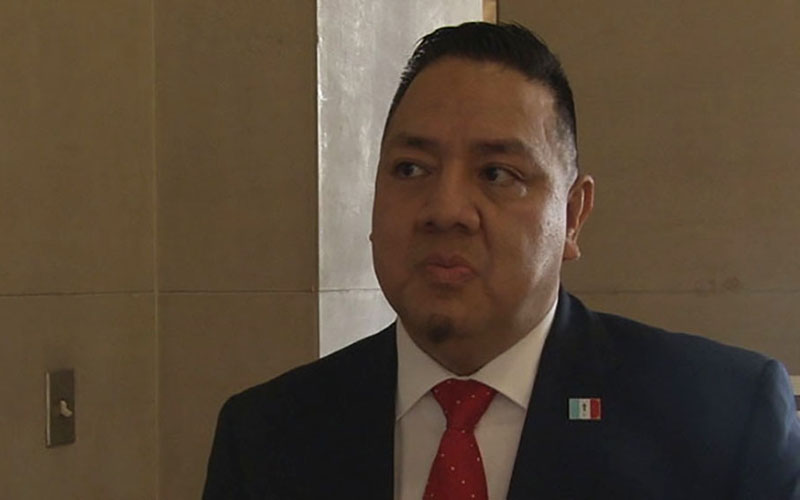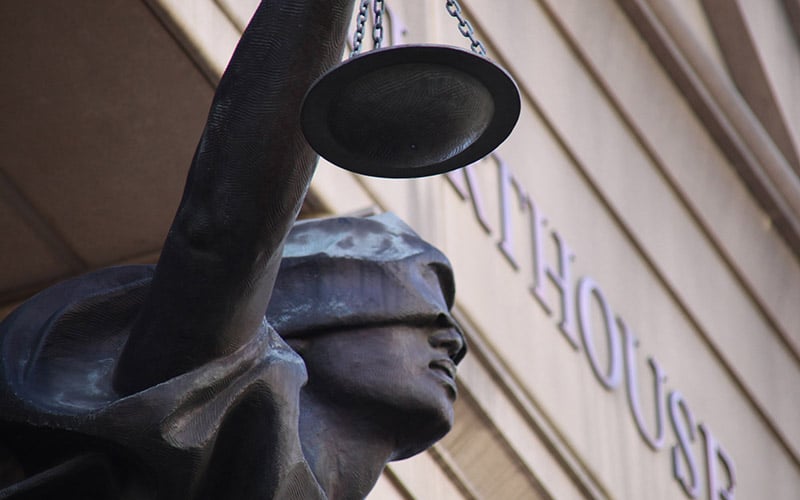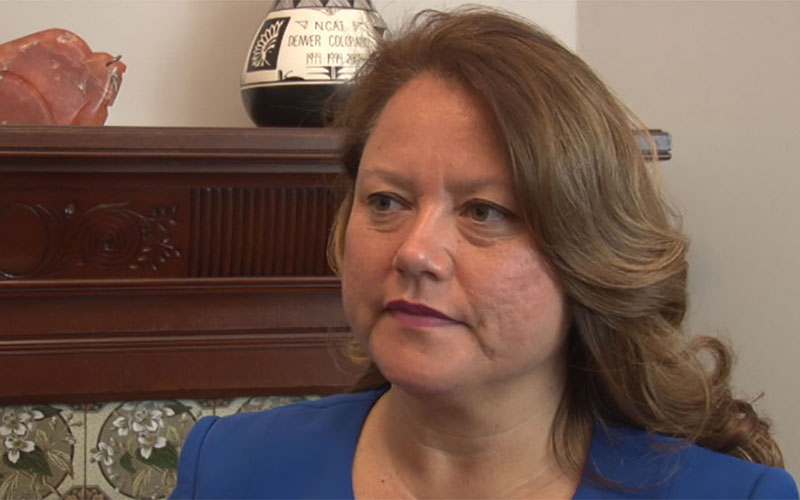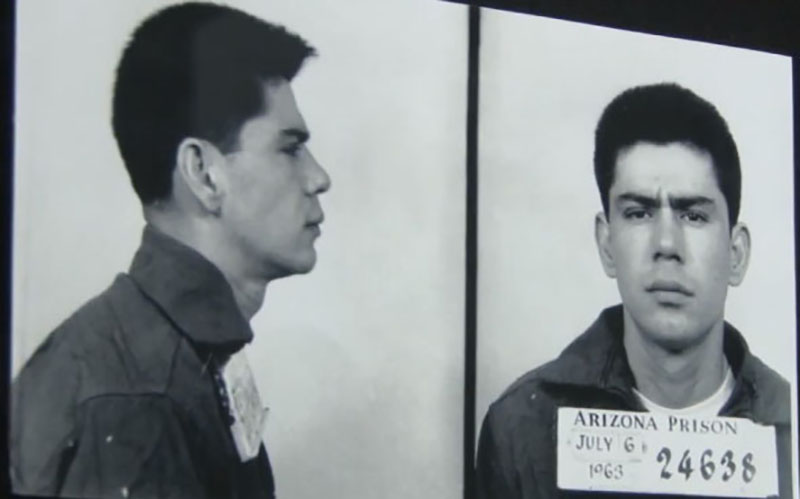WASHINGTON _ It was 50 years ago this week that the Supreme Court handed down its decision in Miranda v. Arizona that made the now-familiar Miranda warning – “you have the right to remain silent” – the law of the land.
But not all the land.
Police on tribal lands are not required to give Miranda warnings in many cases, although they can give the warning and many said they do, either out of habit or because their own tribe’s law requires it.
But tribal law experts said that not only is the warning not required, it’s often not necessary in the context of the tribal justice system which they said is a less-adversarial system than state and federal courts.
“Tribal courts don’t need Miranda, tribal police don’t need Miranda, because Miranda is there to protect the people from the police and I don’t see that’s what’s happening in tribes,” said Melissa Tatum, a University of Arizona law professor who works with tribal law.
Miranda warning
“You have the right to remain silent, anything you say can and will be used against you in a court of law. You have the right to an attorney. If you cannot afford an attorney one will be provided for you. Do you understand the rights I have just read to you? With that in mind, would you like to speak with me?”
The Miranda warning is familiar to anyone who has watched a cop show on TV in the last 50 years. It’s the statement police read to suspects advising them of their right to remain silent and their right to an attorney, and warning them that anything they say to police “can and will be used against you in a court of law.”
The case stemmed from the 1963 arrest in Phoenix of Ernesto Miranda, who was questioned by police for two hours on charges of rape and kidnapping before giving a written confession that was used against him at trial over his lawyer’s objections.
The Arizona Supreme Court upheld his conviction, saying he had not specifically asked for an attorney. But the U.S. Supreme Court overturned the conviction, saying statements elicited from defendants who have not been told of their rights violated the Fifth Amendment protection against self-incrimination.
But under the Indian Civil Rights Act, tribes are only required to provide an attorney for a defendant facing charges could bring a year or more in jail.
There does not appear to be any list of which of the 566 federally recognized tribes give Miranda warnings and which don’t. When contacted, several national Native American organizations and experts said it was the first time they had ever been asked the question – but all were certain that some don’t.
Alfred Urbina, attorney general of the Pascua Yaqui Tribe, said police in his Arizona tribe do give the warning to suspects. But he said smaller tribes may not have the budget to guarantee an attorney to needy defendants – a guarantee they would be required to meet under Miranda.
-Cronkite News video by Meghan Finnerty
Those tribes that do offer the warnings may do so because their tribe’s laws require it or simply out of habit, since tribal officers often receive federal or state police training. Others say they give the warning out of culture and respect.
Quinault Indian Nation President Fawn Sharp said her tribe made Miranda rights part of its tribal code.
“We use Miranda rights and we read it just as its stated for state courts,” Sharp said.
She and others said the lack of a warning does not mean tribal defendants are being shortchanged, because there is a fundamental difference in the way defendants are treated in the tribal courts.
John Dosset, general counsel for the National Congress of American Indians, said “the system isn’t so much about punishment of wrongdoing as it is about healing the wrong and repayment to the victim.” He called it a more holistic approach, a sentiment echoed by Sharp.
“At Quinault, we have a wellness court and it’s a holistic type of approach,” Sharp said. “If you look at communities outside of Indian Country, it’s an adversarial system, state vs. defendant, but we don’t believe justice should be adversarial system. We believe that our own citizens should be treated as one of us.”
Where Miranda is designed to protect individuals from self-incrimination and custodial interrogation, Tatum said, tribal courts “are much more focused on the individual and their relationship with the community.”
For that reason, Sharp said, Miranda is not as needed on tribal lands as in the rest of the country.
“I think what’s important to understand, what we believe is necessary, that individuals are treated with dignity and respect,” she said. “Whatever form that takes.”



